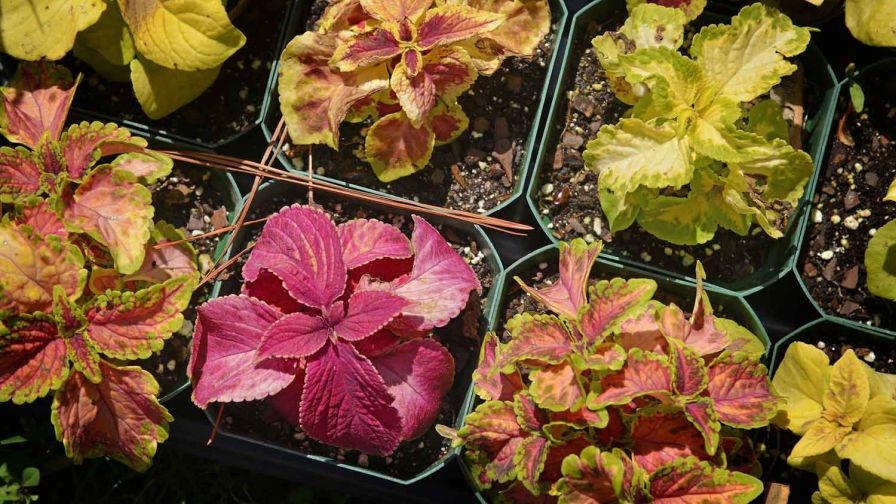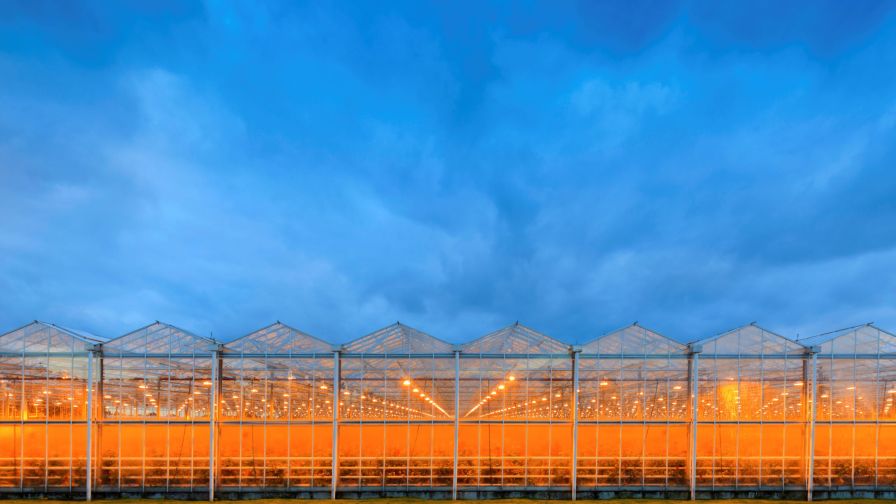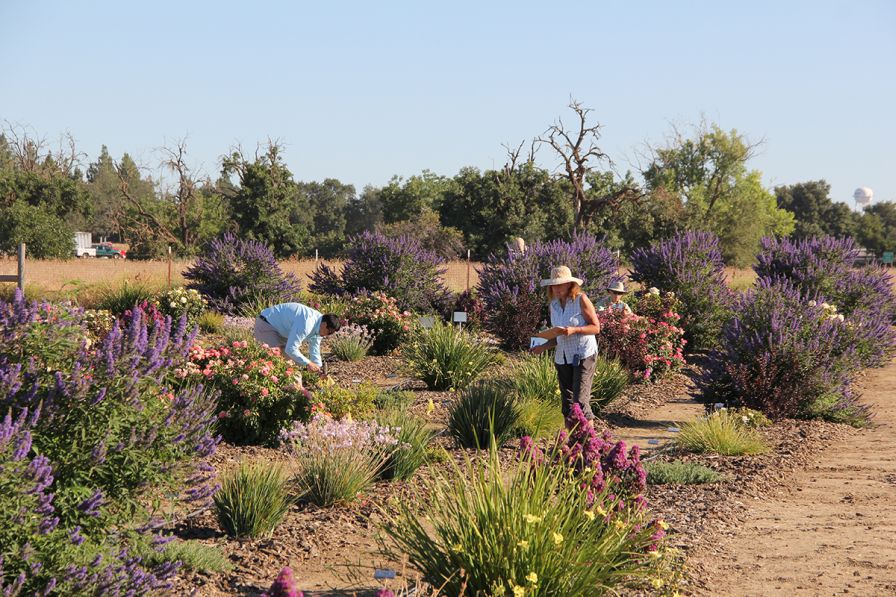A New Wearable Stress Sensor for Crops
Researchers from North Carolina State University (NC State) have developed a patch that can tell when a plant is sick or facing stress.
“We’ve created a wearable sensor that monitors plant stress and disease in a non-invasive way by measuring the volatile organic compounds (VOCs) emitted by plants,” says Qingshan Wei, Assistant Professor at NC State and Co-Corresponding Author of a paper on the work.
Current ways to test plant disease and stress require tissue samples, which can be invasive. This patch also allows growers to get instant feedback from their crops, as tissue samples often lag between cutting and testing.
“Our technology monitors VOC emissions from the plant continuously, without harming the plant,” Wei says. “The prototype we’ve demonstrated stores this monitoring data, but future versions will transmit the data wirelessly. What we’ve developed allows growers to identify problems in the field. They wouldn’t have to wait to receive test results from a lab.”
The patches are rectangular and are only about 30 millimeters long. They are made from graphene sensors and flexible silver nanowire technology. The sensors are then coated with chemical ligands which respond to different VOCs present in the crop’s leaf emissions.
The prototype was tested on a tomato crop and could sense both physical damage stress and late blight infections to the crop. The sensor was able to detect these stresses within three hours after being applied.
“This is not markedly faster than the appearance of visual symptoms of late blight disease,” Wei says. “However, the monitoring system means growers don’t have to rely on detecting minute visual symptoms. Continuous monitoring would allow growers to identify plant diseases as quickly as possible, helping them limit the spread of the disease.”
To read more, click here.








